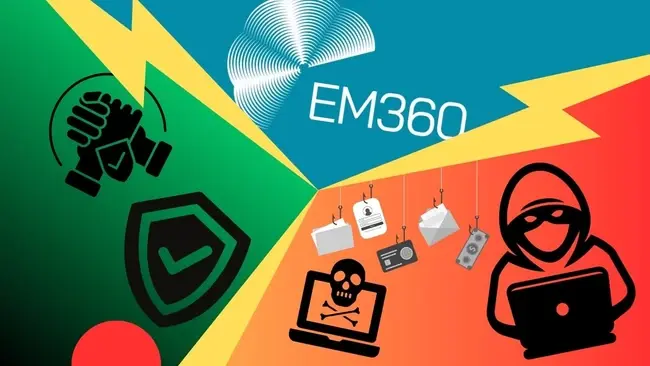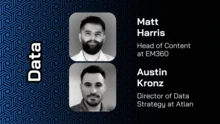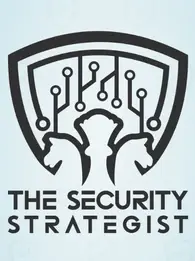
A lot has happened in the cybersecurity world over the last 12 months. With record-breaking breaches, huge court cases and landmark acquisitions, conversations between industry leaders around the future of enterprise security have never been more important.
So what have been the biggest stories of the year? What issues are top of mind for security leaders right now? And what can we learn from the last year in preventing cyber crime?
In this article, we’ll be going through our security round-up in 2023.
Zero Trust/ PoLP is here to stay
Zero Trust is a security philosophy sweeping the enterprise landscape, requiring continuous validation for access - even from internal employees.
Though some dislike the deny-by-default trend due to a potentially diminished user experience and unnecessarily complex tool access, it's clear that zero trust is here to stay.
AI is working wonders for cybersecurity professionals - and cyber criminals
Huge leaps in AI and GenAI have affected all levels of the business - and cybersecurity is no different. Security providers are quickly bringing in some form of automation and AI generation to help streamline processes and improve efficiency.
That being said, threat actors now have an opportunity to launch cyber attacks using large language models to reach unprecedented levels of speed and complexity. Throw on the already existing compliance and privacy concerns that come with AI and you could have a serious problem.
"Cybersecurity used to be just Anti-Virus software. But with the advent of ChatGPT, it's extraordinary to witness it go to a whole new level with AI, which has both positive and negative impacts on cybersecurity.
I'm sure AI will continue to evolve in 2024 but we may see Quantum technology sharing some airtime".
- Joe Miranda, Director of Client Relations at EM360
Whichever way you cut it, the rules of engagement have been completely rewritten and cyber warfare has been escalated by AI.
Cybersecurity leadership is changing
The unique challenges in the security space have been forcing industry leaders to switch up the ways they operate, specifically in the MSP space.
What does it really mean to be a cybersecurity leader today? And how have cyber leaders been changing their approach?
Analyst Richard Stiennon interviewed Huntress' Advisory CISO Chris Cochran and Hadrian's Co-Founder and CEO about how the leadership landscape has shifted.
Proactivity vs reactivity
From the protection of sensitive data to ensuring business continuity, being one step ahead of cybercriminals and threat actors is key to surviving as a business.
Getting one step ahead of cyber attacks and becoming proactive with your cybersecurity is essential to keeping your company secure.
Head of Content Matt Harris spoke to former Marine Jonathan Tomek and Threatlocker's Rob Allen about how to be proactive in your cybersecurity approach.
Third-party risk remains a big concern
Managing third-party risk has become an increasingly important concern for enterprises as the use of third-party vendors and partners continues to grow in the business world.
In the wake of Uber’s second third-party breach from vendor Teqtivity, resulting in a data dump of almost 80,000 Uber employees’ personal information, serious questions were asked in 2023 about what companies should be doing differently.
Podcasts remain king for finding security solutions
Podcast marketing has exploded in popularity. An estimated 75 million Americans listen to podcasts at least once a month (a quarter of the US population), and a recent EM360 survey of tech customers said that bespoke content like podcasts and whitepapers were the number one way they found the correct security solution for them.
Podcast advertising is very intimate, but when done right, it can reach real scale and get to a lot of listeners which is very unique.
- Kara Silverman, global head of marketing and communications at Acast
With over 100+ podcasts and 250+ articles released in this year alone, stay tuned to EM360 as we continue to produce great content for our clients, listeners and industry experts within the enterprise tech space.












